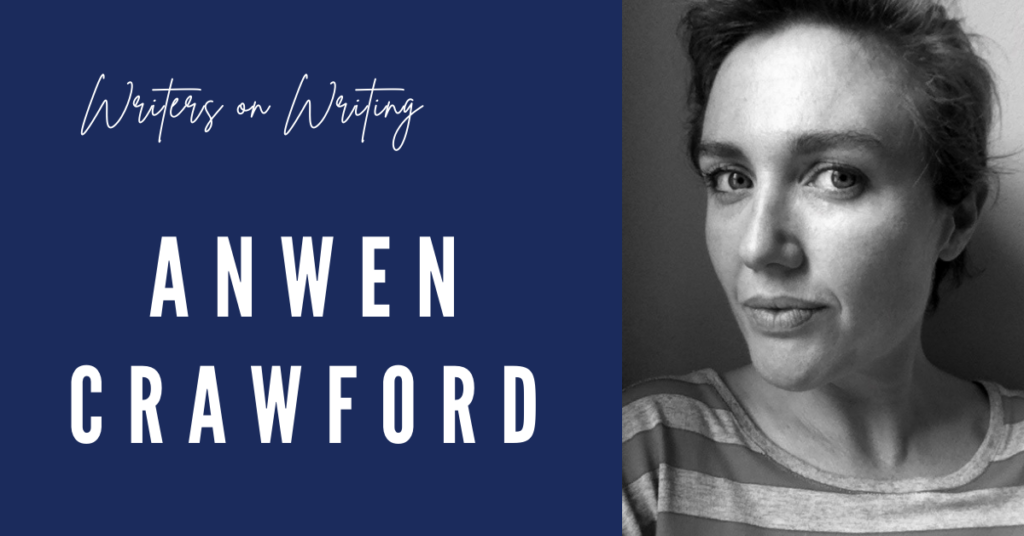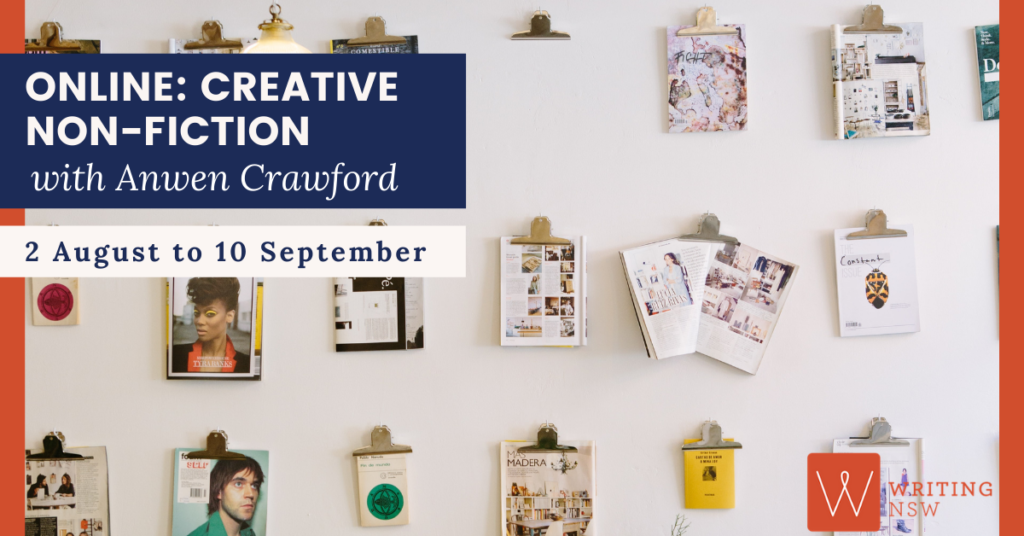
You wear multiple hats as a music critic for The Monthly, a visual artist, and a writer. Do you have to be strict with your time when focusing on personal writing projects?
Among my other ‘hats’ are teaching, and my part-time job as communications coordinator for Regional Arts Australia. The blunt fact is that I’ve had no time at all this year for any personal writing projects – nor do I wish to pretend that with strictness and self-discipline, it could have been otherwise. Like a lot of people in the arts, I could do with a lot less guff about our endless “resilience” and “adaptability”, and a lot more plain speaking about the fact that material conditions have made us, to quote Naomi Riddle, “hesitant, self-interested, reactionary, anxious, cliquey and broke”. The day-to-day reality of life as a working artist and/or critic of any kind in Australia is that most of your time – unless you have a private source of wealth – is spent doing things other than creative work. There are only so many hours in a day, and I don’t want to pretend that it’s sustainable to have to spend your nights, weekends and (non-existent) holidays on personal creative projects, outside of your day job(s), because that isn’t sustainable at all. Artists’ grants – and I was fortunate to receive two grants during the four years it took me to write No Document – are a short-term income subsidy. But there is precious little grant money to go around, a lot of soul-destroying competition for that money, and grants are a not a solution to the basic problem, which is: how and under what circumstances people can make art when their only source of income is their labour, and the labour they spend on making their art does not earn them a liveable income? I am hardly the first person to point out that we are rapidly reverting to a pre-20th century situation in which only those born into considerable wealth – or who have earnt considerable wealth – will be able to sustain a living as artists, free of the necessity to have to earn their living another way.
You have a background in writing poetry. How has this shaped your approach to your writing?
Poetry is the form that makes me think most cogently and carefully about the material qualities of language and about its world-forming powers, which are equally terrible and sacred; about the relationship of sound to silence, of rhythm to meaning, of image to thought. All the writers that I care about most are indebted to poetry, if they are not already poets. I don’t think of myself as a poet – I wouldn’t dare claim that title – but I do think of myself as a writer whose work and reading has been formed by a life-long love of poetry.
You’re about to run an online workshop with us pertaining to creative non-fiction. Can you give us a hint about what’s in store for our writers? What are some key writing techniques they will learn when working in the genre?
There’s no recipe or check-list for how to write effective non-fiction. But I like to encourage young and/or inexperienced writers to think carefully about structure, to figure out ways of bringing their research to their writing without weighing the latter down, and to sharpen their methods of description. Most inexperienced writers either don’t describe things in enough detail, or they get bogged down in bizarre verb choices and similes that won’t bear close examination. Another thing is to work to free ourselves from the strictures of the academic essay and/or the school assignment, which are often people’s only prior experience of non-fiction writing. I truly believe that writing non-fiction is – or can be – as challenging and as imaginative a task as writing fiction. It should be exciting to write and to read, not a chore.
*
Anwen Crawford is a Sydney-based writer, critic and visual artist. Her essays have appeared in publications including The New Yorker, The White Review, Frieze, The Monthly, Best Australian Essays, Meanjin, Overland and Sydney Review of Books. Her book Live Through This (2015), on the Hole album of the same name, is published by Bloomsbury in the 331/3 series, and was named by Pitchfork as one of the ‘33 best 331/3s’. Her second book of non-fiction, No Document, was published in April 2021 by Giramondo and will be published in North America in 2022 by Transit Books. In June 2021 she was awarded the Walkley-Pascall Prize for Arts Criticism for her music criticism in The Monthly.
Join Anwen Crawford for her online course for writing Historical Fiction, 21 July to 27 July. > (opens in a new tab)”>Enrol here >>

If you want to be the first to read great advice, prompts and inspiration from our incredible tutors, subscribe to our weekly e-newsletter Newsbite.
More from Writing NSW
Check out our full range of writing courses in Sydney, our online writing courses and our feedback programs to see how we can help you on your creative writing journey. Find out about our grants and prizes, as well as writing groups across NSW, and sign up to our weekly newsletter for writing events, opportunities and giveaways.
